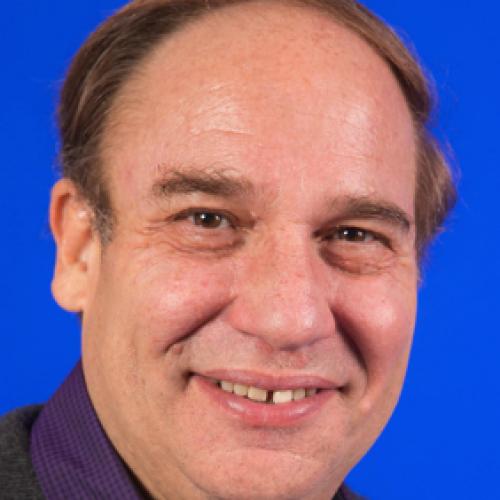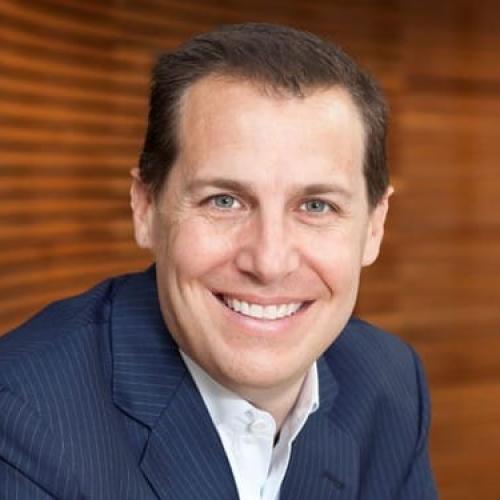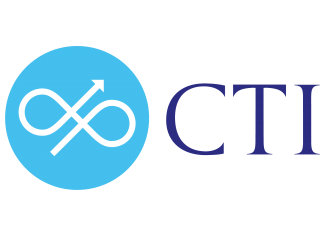
Dr. Maria Ryan
Maria Emanuel Ryan, DDS, Ph.D. is Vice President and Chief Clinical Officer at the Colgate-Palmolive Company where she provides oversight and leadership to dental and dermal clinical organizations, knowledge management, scientific communications, biosolutions, and methods development teams.
Dr. Ryan previously served as Professor and Chair of the Department of Oral Biology and Pathology at Stony Brook University where she was actively involved in teaching, clinical practice, and research.
She is the Past President of the American Association for Dental Research (AADR) and has served on many academic and foundation boards.
Dr. Ryan has received numerous awards including NIH National Research Service Awards and a Physician-Scientist Award. She was the recipient of the New Dentist Leadership Award from the Dental Society of the State of New York and received an achievement award from the American Dental Association. Dr. Ryan was the first recipient of the Victress Health Award which she received in Berlin, Germany in 2010 to recognize her educational and research efforts in the area of women’s health.
Dr. Ryan is a Distinguished Alumnus of Stony Brook’s School of Dental Medicine and was a Fellow of the Hedwig van Ameringen Executive Leadership in Academic Medicine (ELAM) Program for Women at Drexel University College of Medicine.
Dr. Ryan is a nationally and internationally known speaker and author who has appeared on multiple media outlets to discuss the role of the dental professional in the provision of optimal overall health care.

Jeff Stevens
From operating executive to entrepreneur to disruptive inventor and engineer, Jeff Stevens 25+ years of experience has covered healthcare, financial services, and enterprise technologies. He has been the visionary and/or managed the transformation of ideas (sometimes moonshot) into reality rooted in market opportunity and impact, while mitigating financial risks.
In 2017, he was one of three winners of the NASA iTech competition for his novel, diagnostic, crew health technology for the mission to Mars and beyond. He coined the phrase “Joules for Jewels” to describe the tradeoff between stored energy (joules) and the data that can be harvested (jewels) by ultra-low-power sensors.

Greg Baker

Jonathan Wainberg

Dennis Chmiel, DVM

Pete Wedderburn
Dr Pete Wedderburn BVM&S CertVR MRCVS is a qualified veterinarian since 1985. He has worked in his own four-veterinarian companion animal practice in Bray, County Wicklow, Ireland since 1991, and he has his own menagerie of dogs, cats, ducks, hens and a few other furry friends! His mission in life is to communicate high-quality information to pet owners, in an entertaining, engaging way. As part of this mission, he is a founder of the innovative pet health information website, www.petfixclub.com, which launched in late 2020.



